
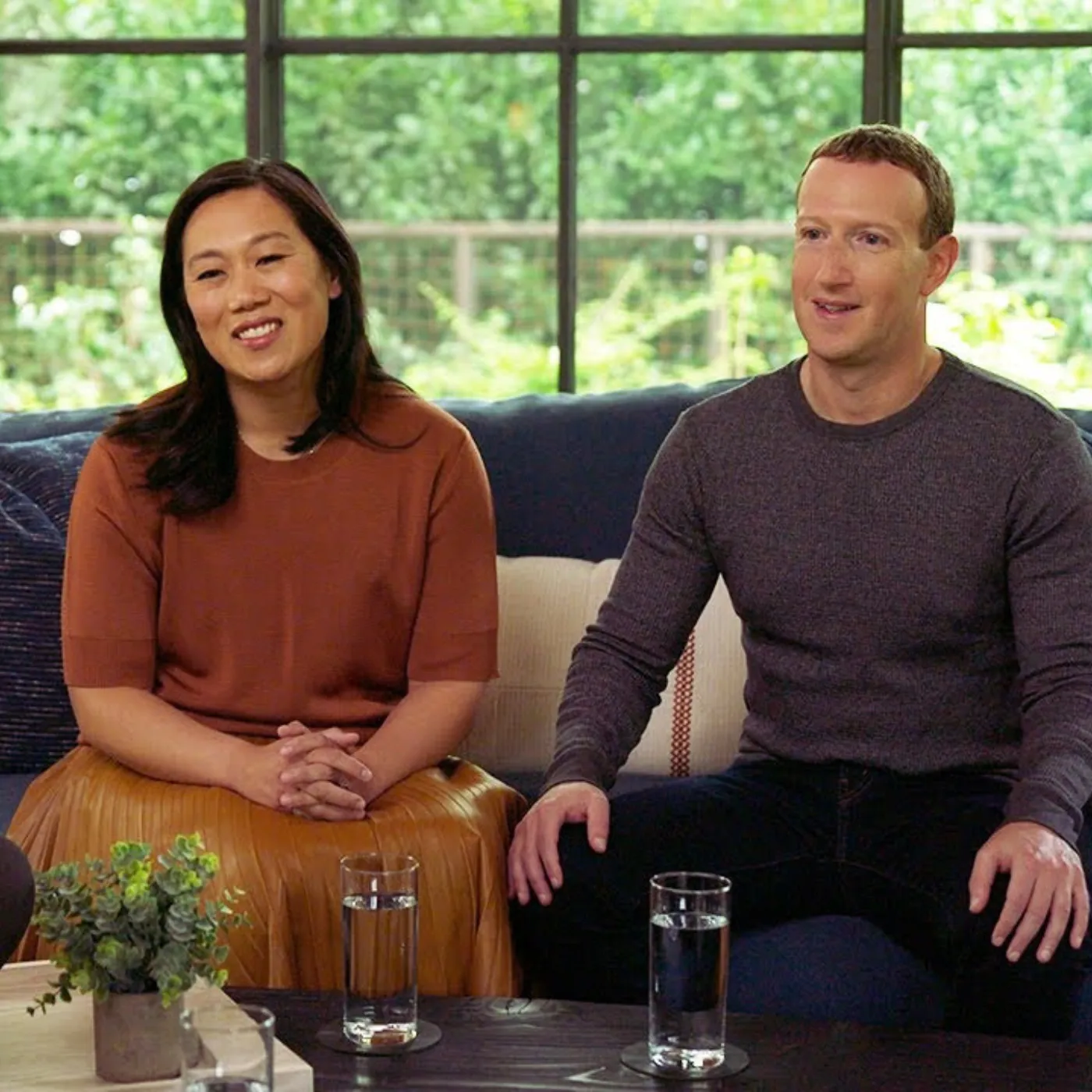
Mark Zuckerberg Faces Backlash as Wife Breaks Down During Emotional Decision
When people talk about billionaires and philanthropy, they often imagine sleek marketing videos, smiling families, and world-changing donations. But what happens when the money dries up? When does a family known for giving say “no more”?
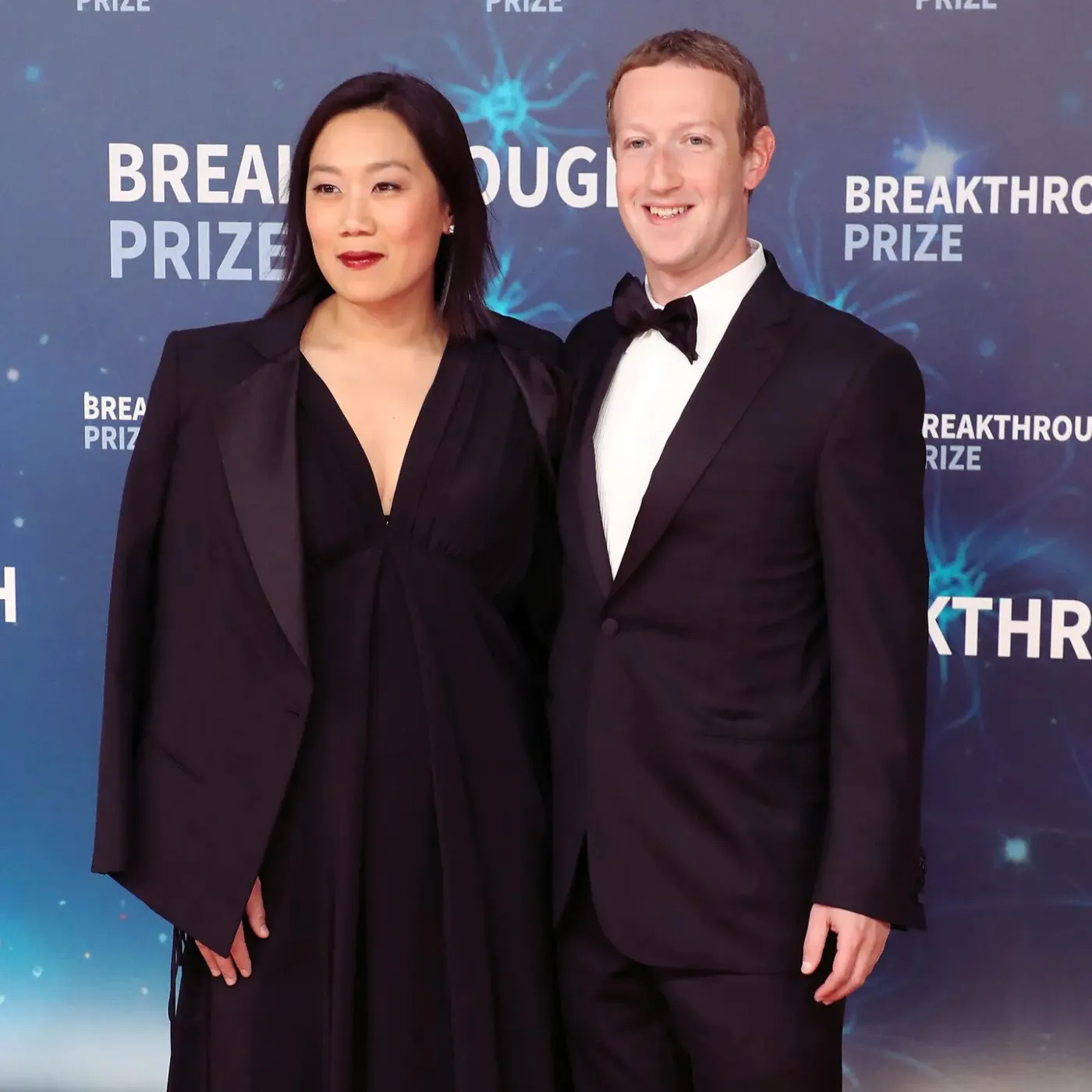
That’s the uncomfortable reality that Meta CEO Mark Zuckerberg and his wife, Priscilla Chan, are facing right now.
A decision that began with good intentions—to fund an experimental private school for low-income families—has ended in an emotional, highly public mess.
Because after years of support, the Chan-Zuckerberg Initiative (CZI) stopped funding the school.
Result?
Four hundred children suddenly left without a school.
Teachers and staff are scrambling for jobs.
Families are furious at the whiplash of billionaire “generosity” turning off like a switch.
And, according to multiple reports, Priscilla Chan herself broke down in tears when delivering the news.
The Emotional Fallout of Billionaire Philanthropy
This isn’t a tech product launch. This is 400 kids. Real lives. Real families.
The story has gone viral precisely because it feels like a betrayal of everything billionaires claim they stand for.
Priscilla Chan didn’t found this school as a vanity project. She’s a former pediatrician who’s spoken movingly about her passion for helping children.
She and Mark Zuckerberg have spent billions on education, health research, and local initiatives through CZI.
But when the funding for this particular school stopped, it laid bare a harsh reality: Communities relying on billionaire donations are only safe as long as the billionaire cares.
The Dream That Fell Apart
When the primary school opened in East Palo Alto in 2016, it was meant to be a shining example of modern philanthropy.
Personalized learning.
Small class sizes.
Wraparound family support.
Health care on-site.
It wasn’t just about reading and math. It was about treating the whole child and lifting families out of generational struggles.
Local parents were promised stability, innovation, and the deep pockets of Silicon Valley to back it all.
A Sudden Goodbye
But behind the slick brochures and tech-bro optimism, things got messy.
Teachers reported intense pressure, long hours, and an experimental culture that sometimes treated them like test subjects.
Still, many stayed. Because they believed in the mission.
Parents adjusted to new learning models. Kids made friends. Families invested emotionally.
So when news broke that the Chan-Zuckerberg Initiative would end funding, it wasn’t just a budget decision.
It was a personal crisis for hundreds of families.
And it was Priscilla Chan—not Zuckerberg himself—who reportedly faced them to explain.
According to sources close to the meeting, she cried.
She broke down while telling them the money was gone, the school would close, and the future was uncertain.
The Internet Reacts: Outrage, Sympathy, and Bitter Irony
Online, the story blew up.
Some people felt sympathy for Priscilla Chan, noting her tears and visible emotion.
“She actually cares. This isn’t just a PR move.”
But others weren’t so forgiving.
“You don’t get to cry while you shut down a school you promised to support.”
“This is why we can’t rely on billionaires.”
“Your tears won’t educate our kids.”
Facebook, Twitter, and TikTok—they lit up with rage.
Because even if her tears were real, they couldn’t pay teachers or keep the lights on.
Mark Zuckerberg’s Silence
Meanwhile, Mark Zuckerberg didn’t show up for the meeting.
He didn’t cry in front of his parents.
He didn’t issue a passionate defense.
Instead, the CEO of Meta was silent while his wife took the blowback.
Critics saw this as typical:
The billionaire husband conquered the world with social media, while his wife handled the emotional fallout.
The guy who sells connection and community on Facebook leaves families in real life disconnected.
It didn’t help that this was the same week he was touting AI breakthroughs and “community building” on Instagram.
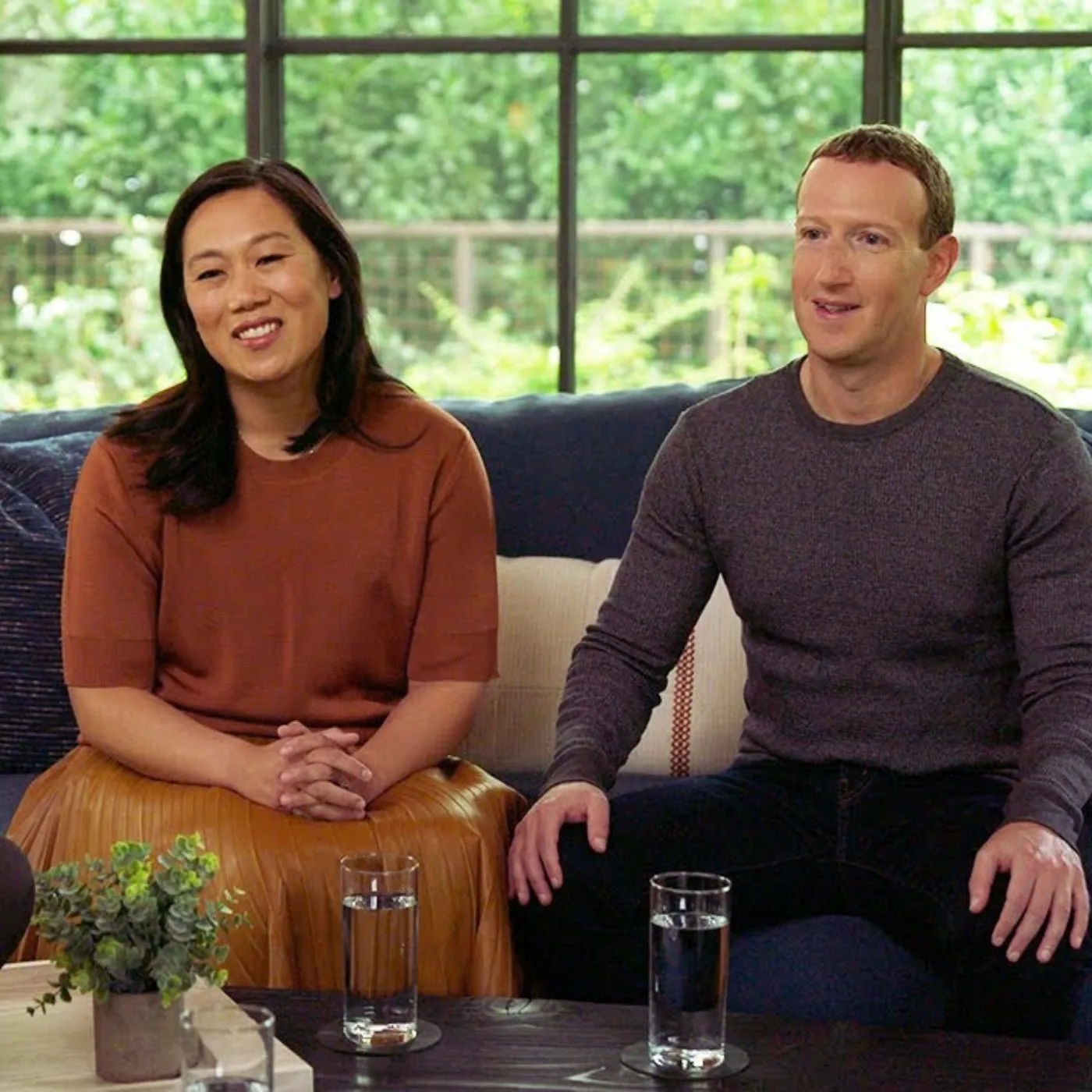
The Cost of Billionaire Generosity
This isn’t the first time Silicon Valley giving has blown up.
We’ve seen tech leaders set up foundations, promise the world, then quietly shift priorities or shut them down:
Tech billionaires love launching “moonshot” schools that implode in a few years.
Donors change their minds, leaving staff unpaid and kids stranded.
Communities get used to the money, then are left scrambling.
Experts call this the philanthropy trap: when you rely on the whims of the ultra-rich, you’re always one “strategic pivot” away from collapse.
A $400 Billion Problem
The Chan-Zuckerberg Initiative is massive.
They’ve pledged billions to fight disease, improve education, and reform communities.
But even for them, budgets have limits.
Sources say the decision to cut the primary school wasn’t out of cruelty—it was about focus.
They want to fund bigger, broader educational efforts.
But that doesn’t help the 400 kids who just lost their school.
Or the families now forced to figure out where their children will go.
The Tears Heard Round the World
Priscilla Chan’s tears went viral for a reason.
They felt like an admission: “We can’t save everyone. Even if we promised to.”
That moment became the perfect symbol for the fragility of billionaire charity.
One day you’re the savior.
The next you’re the villain.
The Real Question: Who Pays the Price?
While headlines talked about Chan crying, the real story was the families.
Single parents scrambling to enroll kids elsewhere.
Teachers are hunting for new jobs.
Kids losing friends, mentors, and stability.
For them, billionaire tears don’t mean much.
The Backlash Builds
Meta has weathered plenty of controversies.
Privacy issues.
Antitrust investigations.
AI safety fears.
The metaverse’s shaky rollout.
But nothing strikes quite as personally as shutting down a school for poor kids.
Even people who don’t care about tech policy care about children.
What It Means for Billionaire Giving
This controversy isn’t just about Zuckerberg and Chan.
It’s a warning shot to every ultra-wealthy donor:
Are you really committed?
Or is your philanthropy just a branding exercise?
What happens when you change your mind?
Communities can’t build stable futures on billionaire whims.
Final Thought: When Good Intentions Aren’t Enough
Priscilla Chan clearly cared.
She cried. She faced the parents.
But caring isn’t enough when hundreds of kids lose their education.
And for Mark Zuckerberg, the richest man in the room, silence spoke volumes.
He didn’t show up.
He didn’t explain.
He let his wife take the blame.
The Billionaire Paradox
This story sums up the modern billionaire paradox:
They have enough money to change lives.
But they don’t want to be responsible forever.
They want praise for giving but freedom to stop.
And when they stop, it’s the most vulnerable who pay the price.
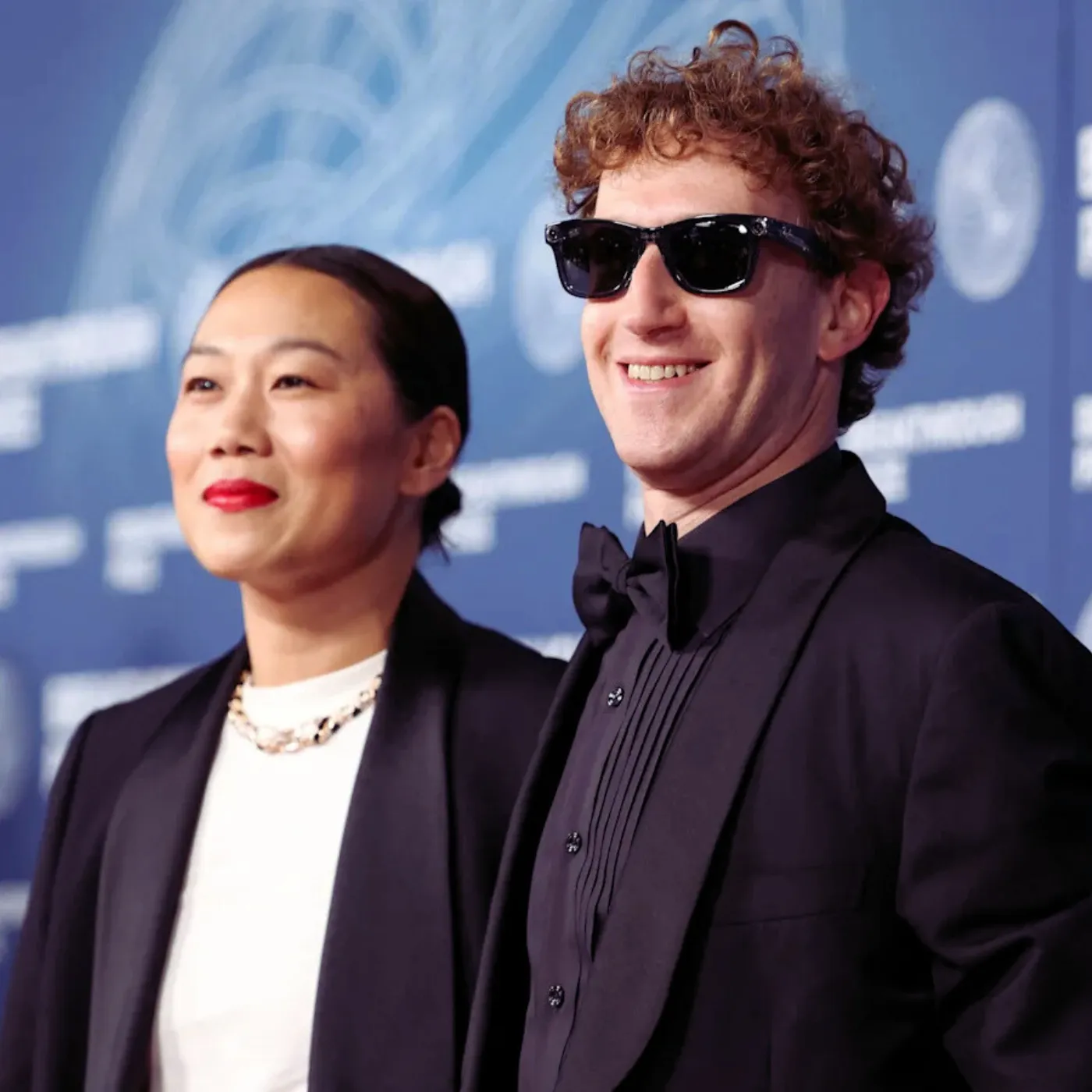
Will This Change Anything?
Probably not.
Billionaires will keep making donations with fanfare.
Foundations will keep talking about “impact” and “innovation.”
And communities will keep wondering when the money will disappear.









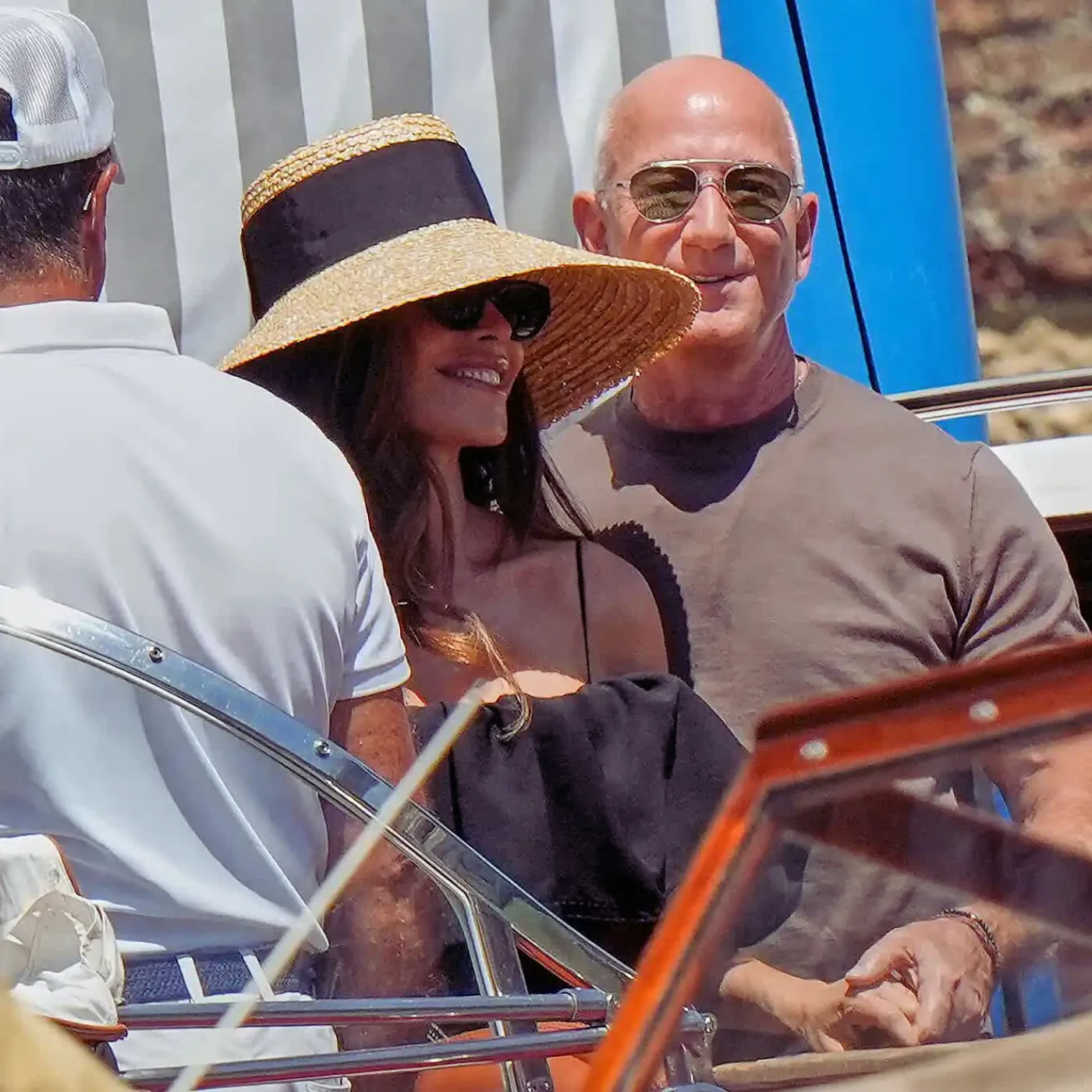









Post Comment